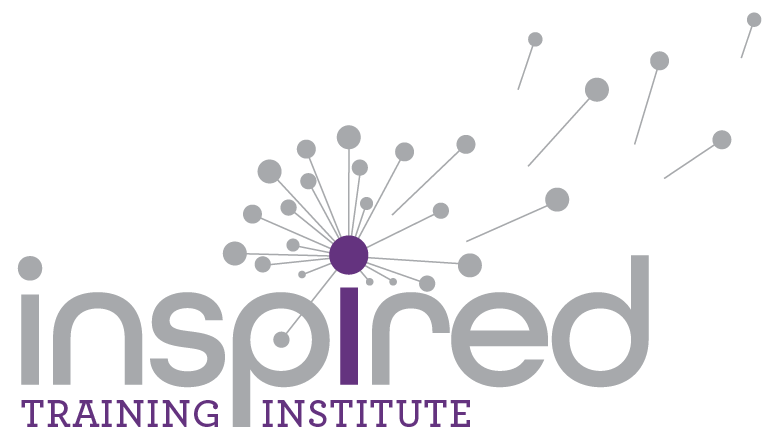Ongoing Skillset: Why Leadership Development is Important
Leadership development is like any mental or moral maturation process. It is ongoing – there is no end. It is useful and, dare I say, necessary to continue learning and growing as a leader throughout your career to remain effective.
I could explain that your ongoing leadership development is important because of the pace of change, the constantly altering landscape of business competition, the needs of the most recent generations to enter the workforce, or the blinding speed of technological evolutions because they are all real considerations. However, I would rather invite you to explore the need for your ongoing growth as a leader from a much more personal perspective.
To validate my approach, I ask those of you who have been in leadership roles for a significant amount of time to consider the leadership knowledge and skills that stimulated you when you first entered leadership roles as compared to the types of leadership knowledge and skills that you now crave. What were the leadership questions that you sought answers to back then? What are the leadership questions that you seek answers to now? Most likely, the leadership questions you have today are more complex and sophisticated than they once were, and they will continue to become more complicated as time goes on and you face new leadership challenges.
Why Learning Matters for Leaders
Leaders are responsible for making decisions that impact the people, processes, and performance of their organizations. It goes without saying that they cannot count on outdated information or practices to stay competitive in business and, therefore, must stay up to date on the information related to their businesses and industries.
From a more personal perspective, people in leadership roles must approach self-awareness as a never-ending quest, searching for greater insight into their strengths, blind spots, values, motivations, decision making preferences, interpersonal intelligence, and conflict resolution habits. In fact, according to research conducted by Gartner, “leaders ranked in the top quartile of self-awareness were 10% more effective in leadership roles than those in the bottom quartile.” Effective leaders benefit themselves by generating greater career options through superior performance, and they benefit their teams and organizations by continually seeking better ways to optimize talent, resources, and strategies.
How Learning Can Boost Leadership
Ongoing learning and development exposes leaders to new and different ideas, tools, process, and perspectives, challenging old methods and ideals. This helps to drive greater curiosity about “what is” and perhaps “why it is the way it is now” compared to what they are learning.
Additionally, the more teachable leaders are, the more likely they are to encourage questions, contemplate innovation, and explore others’ points of view to consider “what could be.” Conveniently, this often creates an environment where employees feel heard. And, according to a study by Salesforce Research, “when an employee feels heard, that person is 4.6 times more likely to feel empowered to perform to the best of their abilities.” Not only does this unleash high performers to exercise their strengths, but employees who feel like they matter are more likely to stick with their employers – a wonderful benefit in today’s fight for top talent.
Finally, when leaders prioritize their own development, they set a powerful example for their teams. In short, they foster a culture of learning that encourages employees to develop additional skills, seek more information, explore varied resources, and take charge of their own professional development (providing a sense of empowerment that – as a bonus – often results in greater talent retention). As President John Quincy Adams once said, “If your actions inspire others to dream more, learn more, do more and become more, you are a leader.”
Practical Tips for Growing as a Leader
Where should leaders look for development opportunities? Great options are everywhere. Here is a list of ideas to help you or a leader in your life to continue growing:
Evaluate your character and understand your current stage of development.
Use available online assessments to gain insight into different dimensions of yourself and your leadership behavior.
Engage an executive coach or a leadership coach to guide you in your ongoing professional development.
Find a mentor in your organization or industry who is willing to meet with you regularly to discuss your career development.
Be a mentor to someone in your organization or industry. Teaching others is one of the best ways to learn.
Consume a steady volume of books, TED talks, and certification programs related to areas of leadership that most interest you.
Attend scholarly leadership or executive seminars at reputable institutions.
Complete a (or another level of) college degree if it would be fulfilling to you and/or useful for your career.
Study the lives and works of great leaders you admire whether they are historical figures, people in your family, or people who work with you.
Maintain a journal chronicling your ongoing development and/or a calendar outlining your development commitments.
Conclusion
None of us will ever “arrive” at leadership. To be perceived as an excellent leader is an ever-evolving aspiration, which requires ongoing learning and development. If, as of the reading of this blog post, you cannot think of the last time that you invested in your own development, please let this be a reminder to do so – and call us if we can be of assistance to you.
Happy learning!


